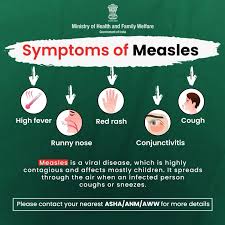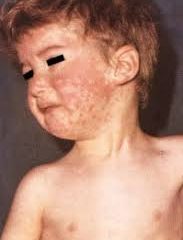Recognizing Measles Symptoms: What You Need to Know

Importance of Understanding Measles Symptoms
Measles is a highly contagious viral disease that can lead to serious health complications, particularly in young children. With the recent resurgence of measles cases in various regions, including Canada, it is critical to educate the public on recognizing its symptoms and understanding the importance of vaccination.
Common Symptoms of Measles
The initial symptoms of measles typically appear 7 to 14 days after exposure to the virus. These may include:
- Fever: A high fever often begins 10 to 12 days after exposure and can last up to a week.
- Cough: A dry, persistent cough accompanies the illness, which can become more severe over time.
- Runny Nose: A runny or stuffy nose is common and resembles symptoms of the common cold.
- Red Eyes: Conjunctivitis or red, watery eyes is a frequent symptom due to irritation from the virus.
- Rash: A distinctive red rash typically appears 3 to 5 days after the fever begins, starting at the hairline and spreading downward over the body.
Potential Complications
While measles symptoms can initially seem like a common cold or flu, the disease can lead to severe complications such as pneumonia, encephalitis, and even death. Children under five years old and individuals with weakened immune systems are particularly at risk. According to Health Canada, vaccination is crucial in preventing these serious health issues.
Vaccination and Public Health
The MMR vaccine (measles, mumps, and rubella) has proven effective in preventing measles outbreaks. Public health officials are urging parents to ensure their children are vaccinated on schedule. In 2022, Canada reported a slight rise in measles cases, underscoring the ongoing need for vaccination to maintain herd immunity.
Conclusion
As measles continues to pose a health risk, recognizing the symptoms and understanding the importance of vaccination is essential for public safety. Parents and caregivers are encouraged to stay informed about vaccination schedules and seek medical advice when necessary. By doing so, we can help protect vulnerable populations and prevent future outbreaks of this potentially fatal disease.









